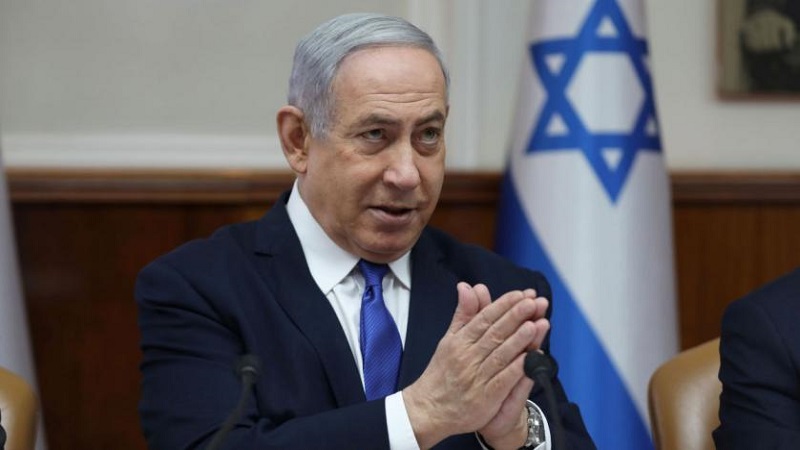By Daanyaal Matthews
Since October 7th, the Israeli government has claimed legitimacy for its carpet bombing of the Gaza Strip, arguing that the state of Israel has the right to defend itself. This ‘right’ has been queried by many, particularly in relation to the response of the Israeli government that has subjugated the Gaza populace to indiscriminate bombing targeting refugee camps, residential buildings, and medical centres. The latter comes into focus with the recent siege on the Al-Shifa hospital, where Israeli forces have mounted raids on the hospital, claiming that the medical centre is being utilized by Hamas for its own purposes against the Israelis.
While these claims have been challenged, the growing discussion has revolved around the legality of Israel’s actions with the South African Government, and many others, calling for Israeli Prime Minister Benjamin Netanyahu to be shipped to The Hague and face the International Criminal Court (ICC).
Speaking on VOC’s Drive Time on Thursday, Khalil R. Dewan, a British academic lawyer and Head of Legal Investigations at Stoke White Law firm, affirms that the rhetoric by the Israeli forces justifying their actions is unfounded in international law, stating:
“Straight off the bat, their first iteration of their legal justification following the 7th attack is the right to have the right to defend themselves. But the reality of settled law is that they don’t have the right to self-defence, they would be the first occupied force in history to do so and this resonates with established law norms as well as opinion of jurists by international law scholars.”
The legal expert has also argued that the attack against Al-Shifa hospital and other medical centres is questionable, with the words of the Israeli being duplicitous at best.
“When we look at the al-Shifa hospital operation, which is effectively a raid on the hospital, they claim that they are doing this because there is a Hamas command centre under the hospital. The reality is that when we look at the days leading up to the attack, there was heavy gunfire, and if we look into the hospital director Muhammad Abu Salmiya, his response yesterday, it’s very clear that it’s not just about looking for Hamas but also to degrade al-Shifa hospital,” said Dewan.
Considering these perspectives, the question of whether Netanyahu could be hauled to the ICC has arisen, with some believing that the Israeli Prime Minister is insulated from the international courts due to Israel not being a signatory to the Rome Statute. Khalid, however, argues that Israelis not being signatories has no bearing on their prosecution, given the words of the ICC’s prosecutor, arguing:
‘Karim Khan, Prosecutor of the ICC, has claimed jurisdiction in Israel and the territories terrorised in and around it. What he found now is a race by lawyers around the world trying to pick up evidence of war crimes, which is happening on both sides of the conflict.”
Khalil, however, questions the responsiveness of the ICC on this matter given its history with Israel in the past.
“I am not sure how far this will go because we have seen a double standard or an approach by the ICC with regards to a lack of urgency when it comes to Palestine and Gaza, especially when we compare it to Ukraine. Karim Khan, the prosecutor, sent a small team to Ukraine very quickly, as when things were unfolding, but it seems things are very different with Gaza. The major point we need to make is that Palestine in and of itself, from a political and legal standpoint, has exhausted every single potential legal avenue available to them, whether that’s the UN, whether that’s the general assembly, whether that’s filing with the ICC or petitioning the special rapporteurs. They have exhausted every single legal means possible to seek justice, seek redress, and come to common terms and a just resolution,” said the international legal expert.
Khalid concludes his analysis with a profound question, one to ponder for the Ummah at large, stating:
“Moving forward is the International Criminal Court actually for us as Muslims. Do we really need to rethink international law because we also have a tradition of international law and jurisprudence within our own religion and within our own background that we should tap into more regularly.”






 WhatsApp us
WhatsApp us 

